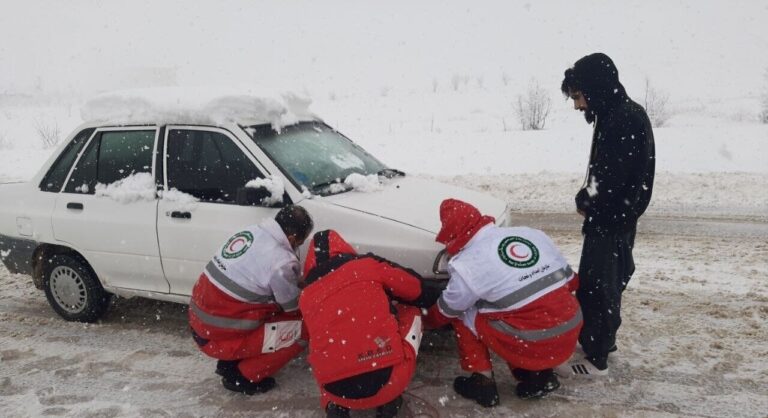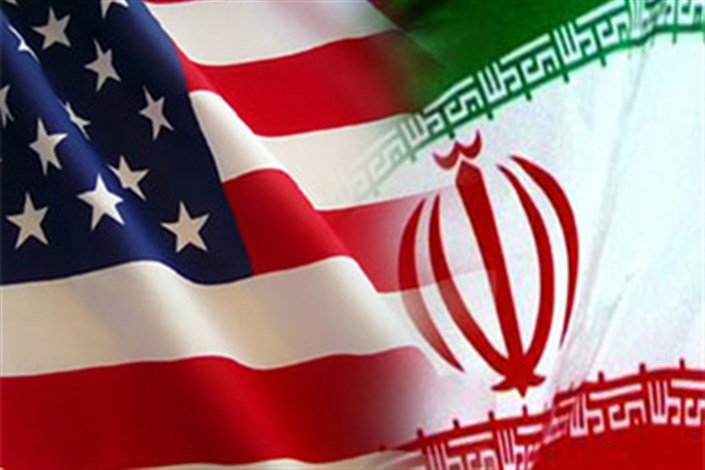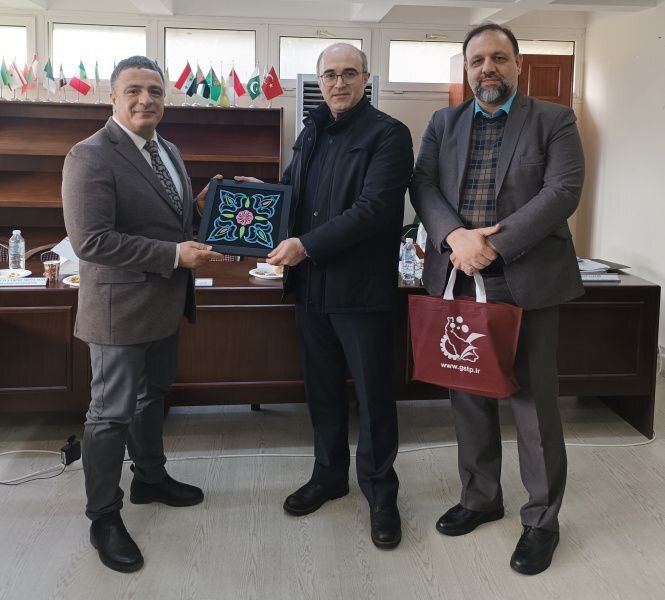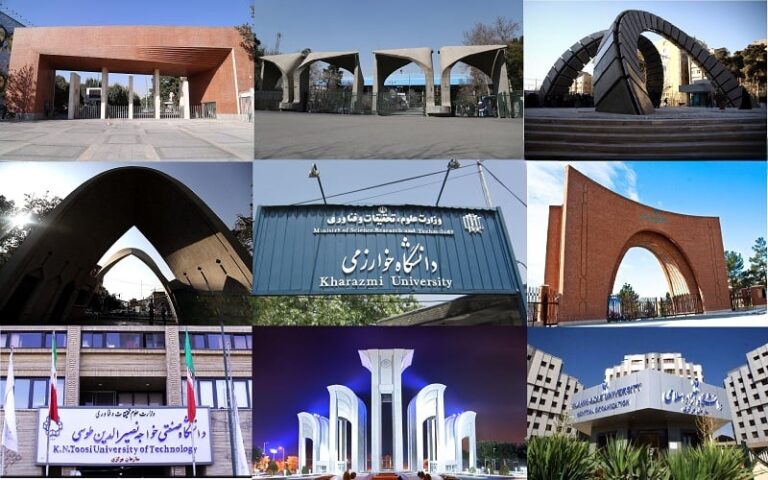Iran Emerges as World’s Second-Largest Producer of Innovative ‘Tilmanocept’ Cancer Tracer
In a groundbreaking achievement, an Iranian knowledge-based company has developed a new method for synthesizing Technetium (99mTc) tilmanocept, a crucial radiopharmaceutical diagnostic imaging agent. This innovative product is designed to aid in the identification of lymph nodes that may be draining from tumors, significantly impacting cancer treatment strategies.
Since 2013, the United States has stood as the sole manufacturer of this vital radiopharmaceutical agent, as reported by IRNA. The lymphatic system plays a critical role in cancer metastasis, making accurate detection of lymph node involvement essential for effective surgical intervention, particularly in patients diagnosed with breast, lung, and genital tract cancers.
Without timely identification of affected lymph nodes, surgeons may resort to removing large sections of the lymphatic system. This invasive procedure can lead to numerous side effects and severely compromise a patient’s immune system and blood circulation. The newly developed radiodiagnostic agent will assist healthcare professionals in pinpointing lymph nodes for removal, thus preserving healthy lymphatic tissue and reducing unnecessary surgeries and complications.
Thanks to this remarkable advancement, approximately 90 percent of cancer patients in Iran will have access to a more affordable and accurate diagnostic and treatment method. The drug has successfully progressed through preclinical phases and is now in the clinical trial stage.
Cancer remains one of the most pressing global health challenges, impacting millions of individuals each year. According to the Iranian Health Ministry, cancers are the leading cause of premature mortality in the country, contributing to over 55,000 deaths annually. Of these, around 34,000 deaths occur among those under 70 years, and 11,000 among those under 50 years of age, resulting from various cancer types.
The latest national cancer census indicates a concerning trend, with new cancer cases in Iran projected to rise to 160,000 by the Iranian calendar year 1404 (March 2025-March 2026), representing a 43 percent increase. The ten most common cancers in Iran include:
- Breast Cancer
- Prostate Cancer
- Colon Cancer
- Stomach Cancer
- Lung Cancer
- Bladder Cancer
- Thyroid Cancer
- Uterine Cancer
- Brain Cancer
- Spinal Cancer
For Iranian women, the most prevalent cancers consist of:
- Breast Cancer
- Colon Cancer
- Thyroid Cancer
- Stomach Cancer
- Uterine Cancer
- Leukemia
- Ovarian Cancer
- Brain Cancer
- Spinal Cancer
- Lung Cancer
- Esophageal Cancer
Currently, around 250,000 Iranians are living with cancer. It is noteworthy that nearly half of all cancers can be treated effectively, while the remainder can often be prevented.
Recent Achievements in Cancer Research
On January 20, 2024, the Iran University of Medical Sciences (IUMS) announced the development of an artificial intelligence (AI)-based system capable of detecting breast cancer with a remarkable 94 percent accuracy, as reported by IRNA. Breast cancer is the second leading cause of mortality among women in Iran, with approximately 30 percent of patients succumbing to the disease each year, aligning closely with the global average.
Early detection is crucial as it significantly enhances the chances of successful treatment and survival. In addition, an Iranian knowledge-based company has expressed readiness to fulfill the demand for the human papillomavirus (HPV) vaccine across regional countries and North Africa. This vaccine is essential as HPV is a known cause of cervical cancer in women.
The HPV vaccine has been produced at a substantially reduced cost, being 75 percent cheaper than foreign alternatives. Manufacturing the HPV vaccine involves one of the most intricate technologies globally, yet Iran has successfully developed this vaccine domestically. Following rigorous safety and efficacy trials, the vaccine received approval from the Food and Drug Organization in 2020.
In a notable achievement for cancer treatment, an Iranian knowledge-based company successfully produced ibrutinib, a medication used to treat various blood cancers, positioning Iran as the third country in the world capable of producing this advanced treatment. Now, Iran joins India and China as the only nations with the expertise to manufacture ibrutinib and its necessary raw materials, according to IRNA.
These advancements in cancer treatment and diagnosis signify a pivotal moment for healthcare in Iran, promising better outcomes for patients and a brighter future in the fight against cancer.






